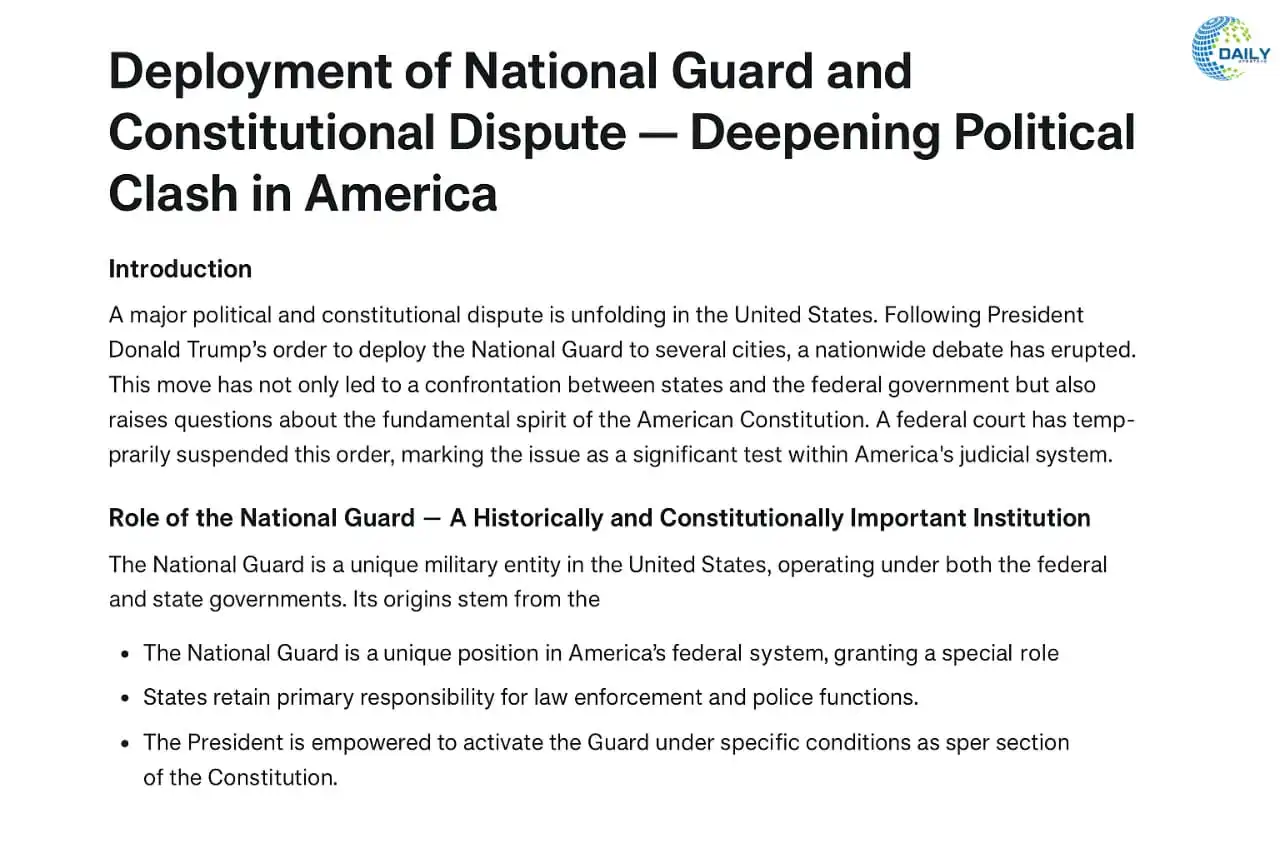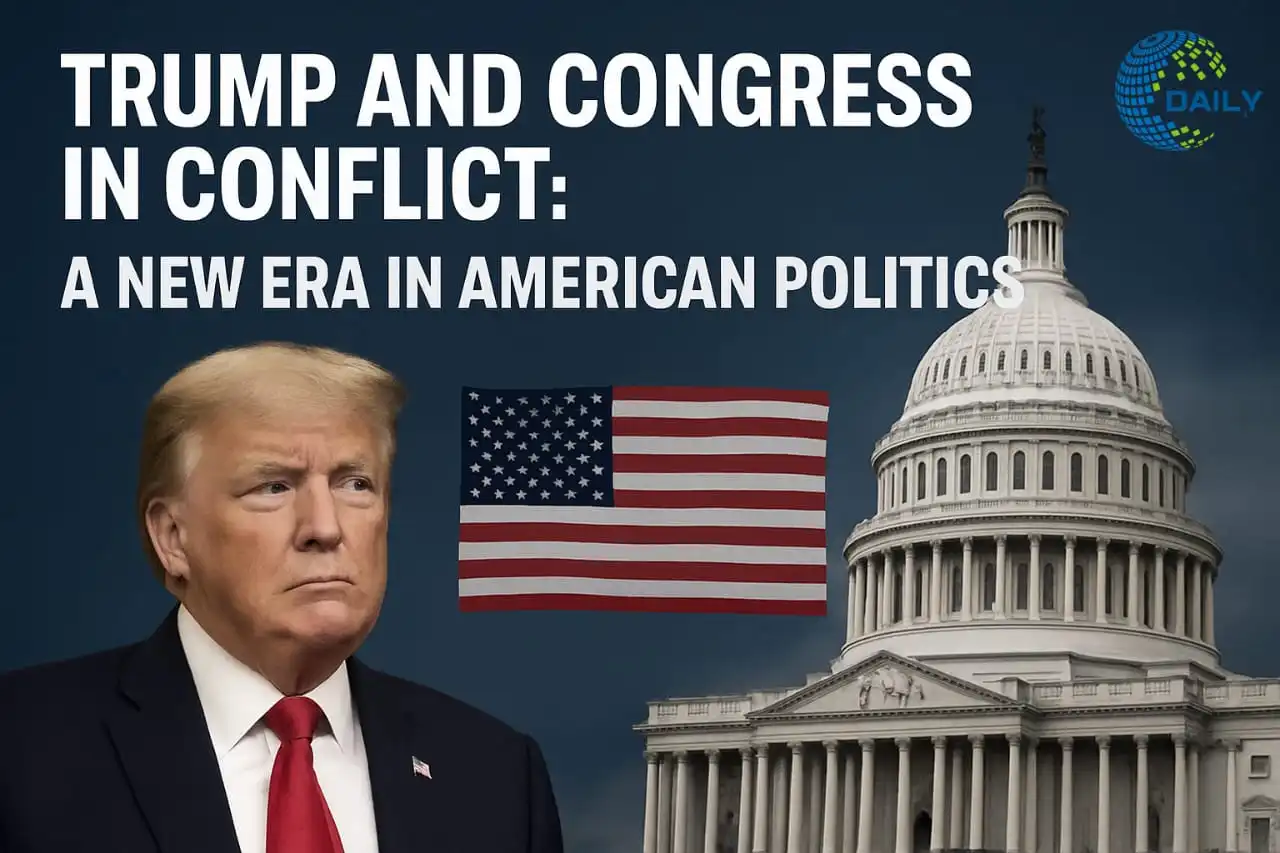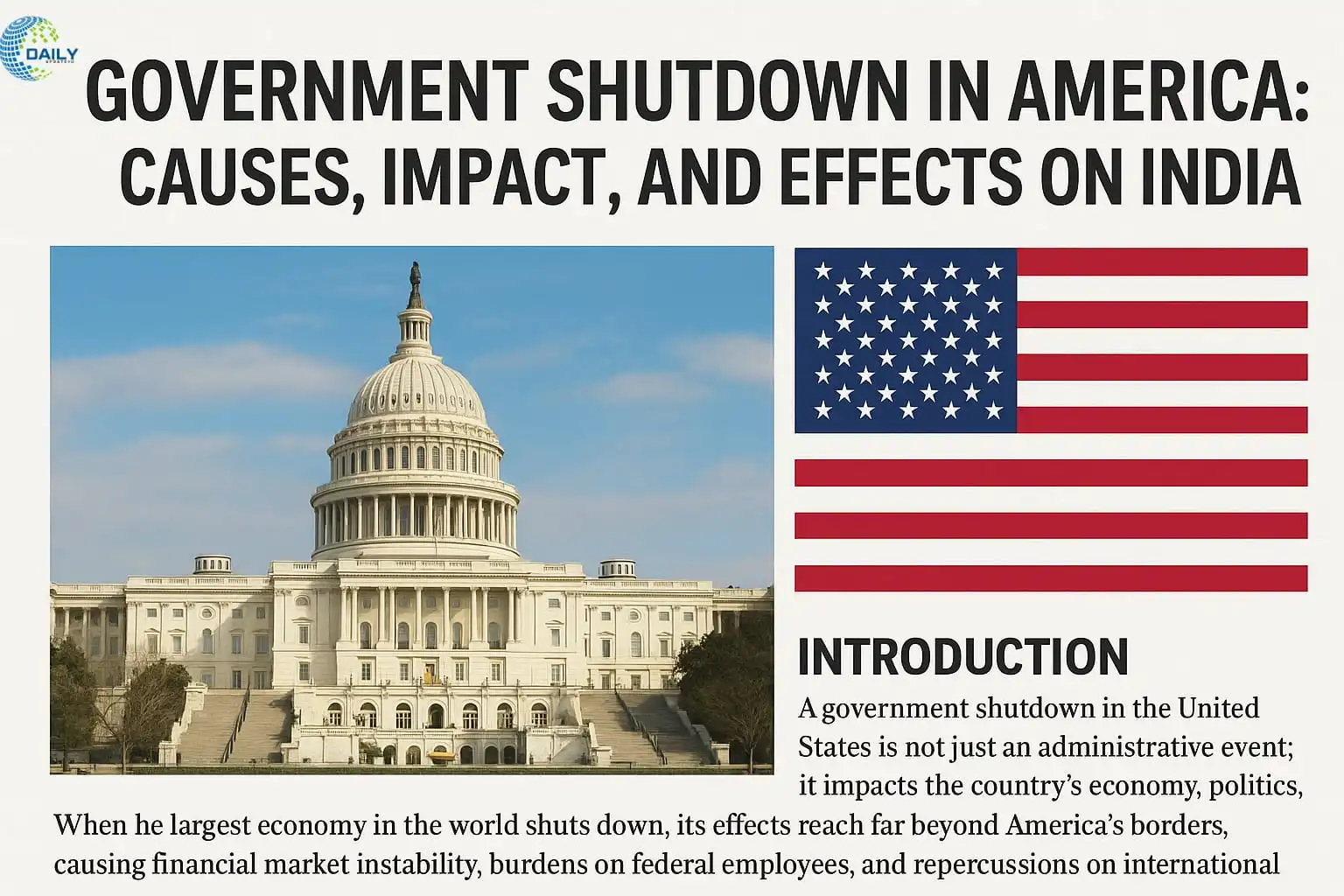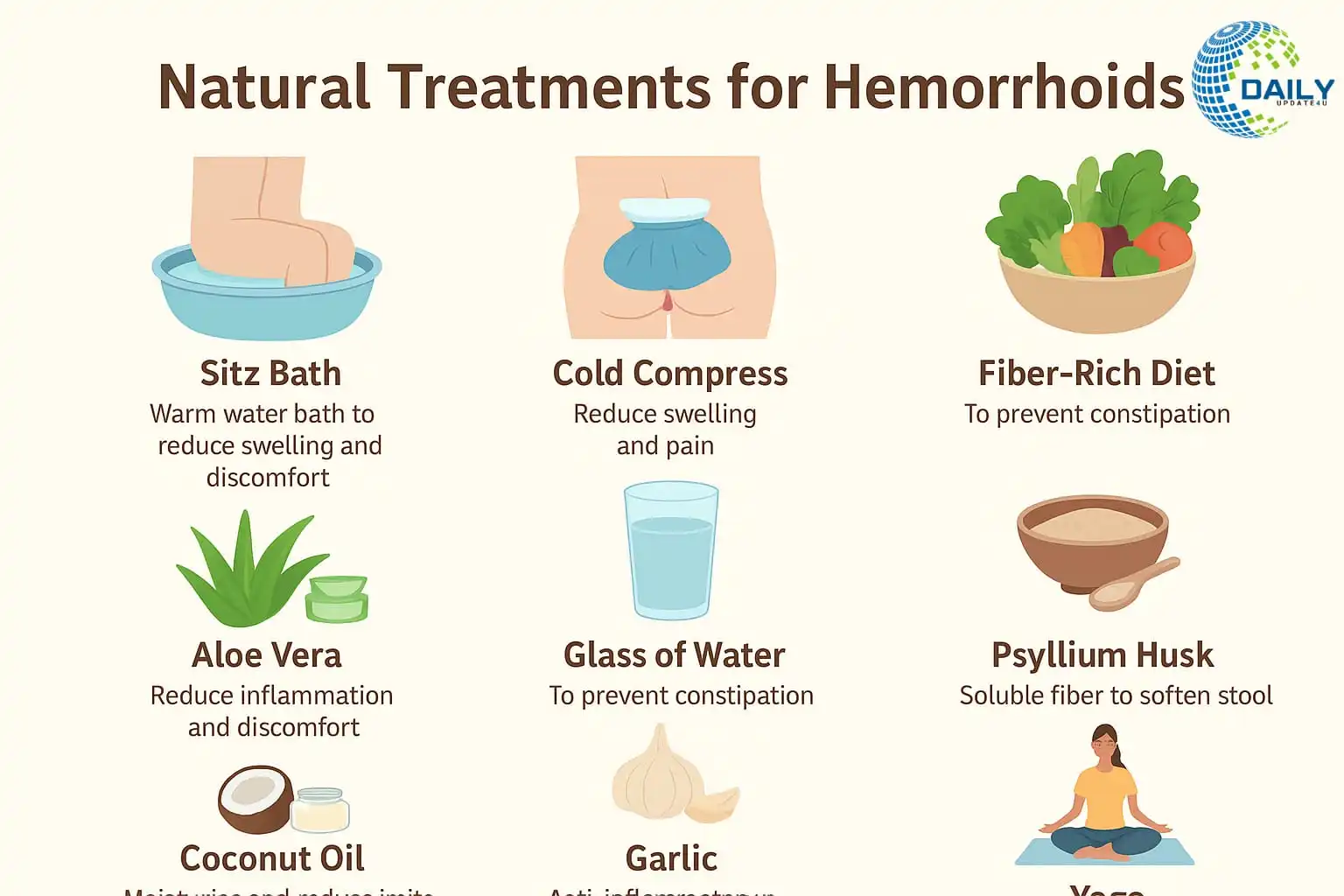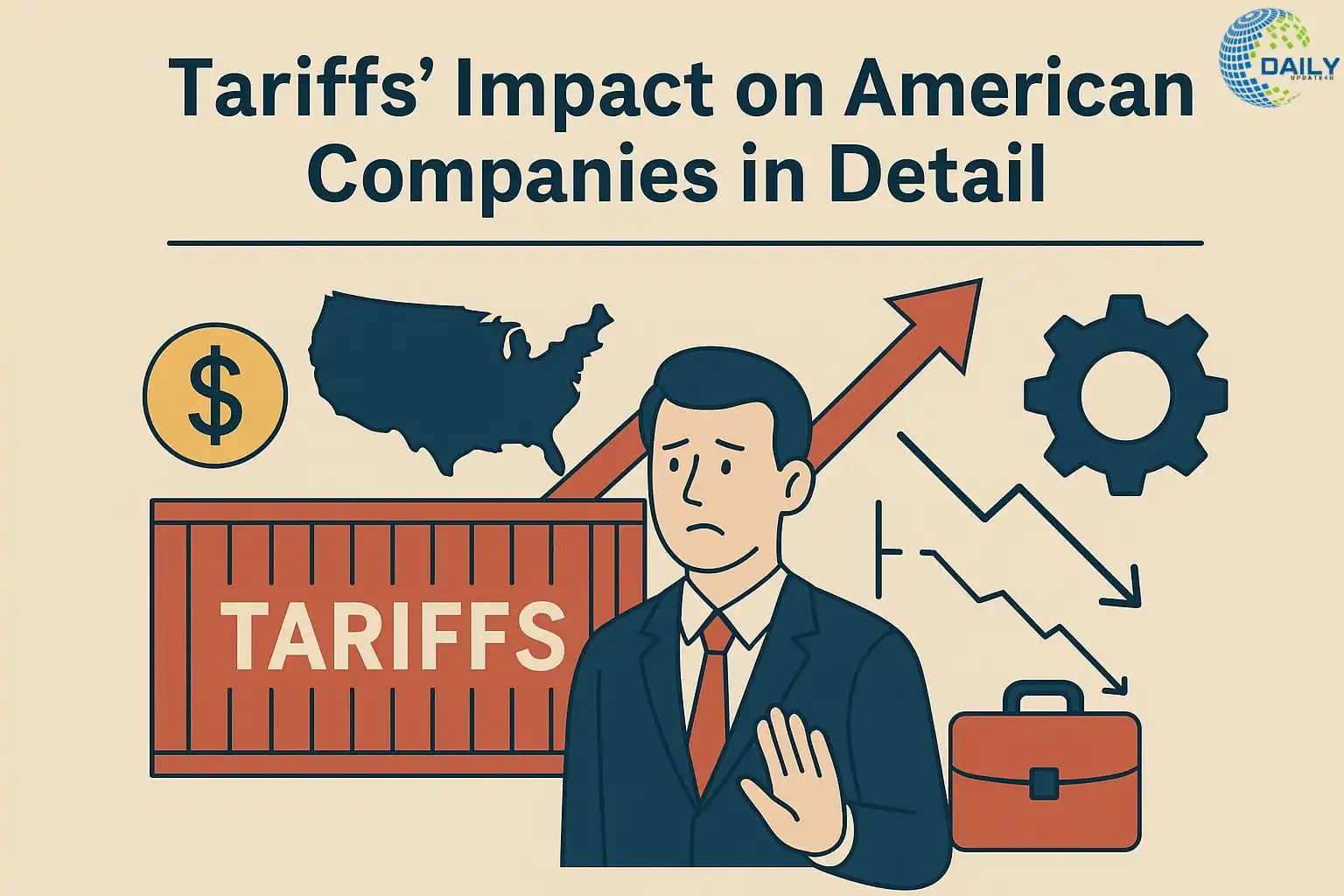
International trade is the backbone of today’s global economy. The economic policies of any country directly affect its companies and consumers. Tariffs, that is, taxes imposed on imports and exports, have been a significant issue for American companies. In the last few years, particularly due to the US-China trade war and other global policies, American companies have faced both direct and indirect effects of tariffs.
In this blog, we will look in detail at what a tariff is, what its effect was on American companies, which sectors were more affected, and what its consequences could be in the future.
➡What are tariffs?
A tariff is a type of tax that the government imposes on goods (imports) coming from foreign countries. Its main purpose is:
✅To protect the domestic industry so that cheap goods from outside do not harm the domestic companies.
✅Increasing revenue – The government can collect money in the form of taxes.
✅To create political pressure, A Tariff is used as a weapon in case of a trade dispute with a country.
➡Reason for imposing a tariff in America
America often imposes tariffs for two reasons:
Economic security: To save American companies and jobs.
Political strategy: To create pressure, especially against countries like China.
Example: During the Trump administration, heavy tariffs were imposed on goods worth billions of dollars coming from China in 2018. This directly affected American companies and consumers.
➡Effect of tariff on American companies
✅Manufacturing sector
Many American companies import raw materials from China and Asian countries. After the increase in tariff, their production cost increased a lot.
Example: Automobile companies (Ford, General Motors) started getting car parts at higher prices.
This increased the price of the product and reduced competition in the market.
✅Technology sector
Companies like Apple buy electronic parts from China. Their supply chain became expensive due to the imposition of a tariff.
Small tech startups also suffered due to increased production and import costs.
✅Agriculture and food industry
When the US imposed tariffs on China, China retaliated by imposing tariffs on American agricultural products (soybeans, corn, milk, etc).
American farmers found it difficult to sell their products abroad.
✅ Retail sector
Goods became expensive for companies like Walmart, Amazon.
This increased the price of everyday items for consumers.
➡Small businesses vs big corporations
Big corporations: They have alternative supply chains and investments, so they can withstand the loss of tariffs.
Small businesses: They are hit the most by expensive raw materials and declining sales. Many small industries are on the verge of closure.
➡Small Businesses vs. Big Corporations
Big corporates: They have alternative supply chains and investments, so they can withstand the loss of tariffs.
Small businesses: They are hit the hardest by expensive raw materials and declining sales. Many small industries are on the verge of closure.
➡Impact on consumers
The impact of tariffs was not only on companies, but also on ordinary American citizens:
Everyday goods became expensive.
Inflation increased.
Jobs were threatened as many companies started laying off employees to reduce expenses.
➡Example of the US-China trade war
During the Trump administration (2018-2020), heavy tariffs were imposed on products worth $370 billion coming from China.
China also increased tariffs on American agricultural products in retaliation.
The result was that the income of American farmers fell, and tech companies suffered losses.
However, some American companies also benefited as the demand for domestic production increased.
➡Positive and negative effects
👉Positive effects
✅ American companies got protection in the domestic market.
✅ Local production got a boost.
✅ The government got revenue from taxes.
👉Negative effects
✅Production costs increased.
✅ Exports decreased.
✅ Small businesses suffered a major setback.
✅ Consumers were burdened with inflation.
➡Future prospects
If the US continues to increase tariffs, it may increase inflation even more.
Supply chain disruption may be prolonged.
America will have to make new trade agreements so that companies can remain in a balanced position.
In the long run, these policies can make the American economy self-reliant, but challenges will remain for small businesses and consumers.
➡Conclusion
Tariffs are like a double-edged sword for American companies. On the one hand, they protect the domestic industry and bring revenue to the government, while on the other hand, they harm both companies and consumers by increasing the cost of production.
Small businesses, farmers, and tech companies have been affected the most. If America adopts a balanced policy in the coming time, then companies can reduce the losses caused by tariffs.

